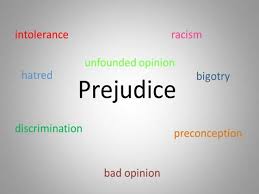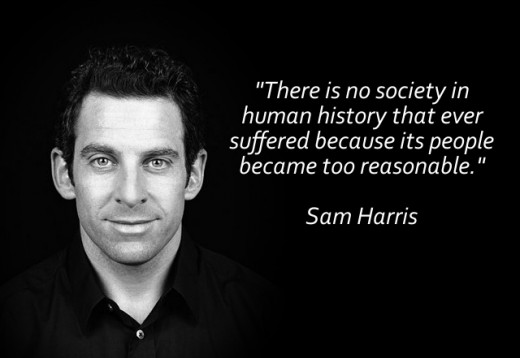Is it Moral to Cheat?

An argument about whether it is or it is not moral to cheat may not seem to be that difficult to answer. Many of you probably think that cheating is not only unethical, but also destructive, as it may cause major chaos if done by majority of population. Although, try to put your prejudice attitude aside, before reading this article and consider my point of view neutrally.
To correctly tackle this seemingly simple, yet truly complicated question we have to fully understand what kind of side questions and ideas it produces. First question that comes to mind is – what is our purpose of existence? Well, we have our separate goals, hobbies, interests and even mindsets, but what unites us as human beings? The answer is - happiness. The only thing that everyone worships is simple feeling of happiness. Pretty much everything you do can be understood as an amount of effort you put to get a substantial amount of this feeling. If we would hold this mindset as an inevitable truth, we would realize that only when we are feeling happy our life is meaningful, therefore has universal purpose.

To take a further step of trying to deductively find an answer to our primary question, we have to realize that if our main goal of life is happiness, accordingly moral laws should play a role of helping us to achieve it. It is undeniable that every single person is different, likes different thing and activities, and therefore has a different understanding of happiness and how to obtain it. In that case, automatically, moral laws should differ depending on person‘s needs and beliefs.
As we deductively defined the basic usage of moral laws, we should now do the same with the remaining half of the question. What exactly is cheating? Well in my opinion, cheating is a method of fulfilling your potential using less effort. This way a person can get the most out of his limited time on earth. There is no way that other human being could know what is best for you (after you reach mental maturity). Also, every human being is naturally egoist; therefore he wants what is best for him. So, if person knows and wants what is best for him and at some point of his life he has to cheat in order to by-pass the obstacle which separates him from happiness, how can it be morally wrong?
I will present a small part of survey which was held by Josephson Institute of Ethics in 2012 to support my claims. In a best case scenario survey would’ve examined ethics of American high school students and the results would show student attitudes and behavior, which would lead to a possibility to predict how they will act as adults. However, we don’t have to study the whole survey nor predict future actions to answer our main question, although we can use some data to support my previous claims. Questions/statements in a survey:
A person has to lie or cheat sometimes in order to succeed
Disagree
| Agree
| |
Number of students
| 13377
| 7639
|
Percentage
| 64%
| 36%
|
Success is basically a way to reach happiness, which means that it cannot be morally wrong to seek for success. This data shows that 36% of students think that sometimes you have to cheat in order to succeed. So, approximately 2 out of 5 students think the same way I do, therefore support my previous claims.
Cheated during a test at school
Never
| Only once
| Two or more times
| |
Number of students
| 11131
| 5410
| 6371
|
Percentage
| 49%
| 24%
| 27%
|
This data shows that more than half of the students have physically supported my claims. Which means that vast majority of the students is reaching their happiness through cheating. Keep in mind that moral laws are not some sort of legally approved rules, they’re unwritten laws created through time according to a will of majority. So, if majority of students cheat, how can it be morally wrong? It is not, maybe it is unfair to others who actually studied and did the work, but that is not a matter of morality, it is a simple path you choose, which happens to differ from those who study.

But relationship may be different from studies; therefore maybe cheating on your partner is morally wrong while cheating at collage is not? Well, to simplify this question and answer it as logical as possible, we have to separate relationship into two major groups: dating and marriage.
Dating
This type of relationship cannot be morally wrong because of two reasons:
1) Cheating on your partner because he/she in some way cannot satisfy you. That means he or she becomes the obstacle in a path of reaching your happiness. So, this type of cheating essentially cannot be morally wrong.
2) Cheating on your partner because he/she for the sake of revenge. Eye for an eye, in my opinion, there is nothing morally wrong with that.
Marriage
Marriage isn’t commanded or ordained by anyone. It’s a cultural practice that gives structure to people’s lives. Marriage laws are just rules people thought up and wrote down on paper. It’s only right to follow a rule when it represents the best instruction to follow to accomplish a goal that helps you reach your happiness. When the rules become obstacles between you and your happiness, then they’re not a moral imperative. They’re bad ideas, and it would be irresponsible to follow them.

All in all, in my opinion, cheating is not morally wrong. Although, I cannot prove that it is moral to cheat either. Basically, the morality of your actions is based on the fact that life is valuable, and if you value people, then you should help them maximize their life as much as your own and help them find their way to happiness, because that’ll also make you happy. However, if you don’t value others so much, you should not suffer trying to correspond with mindset of others. Finding your own path to happiness cannot be morally wrong.








